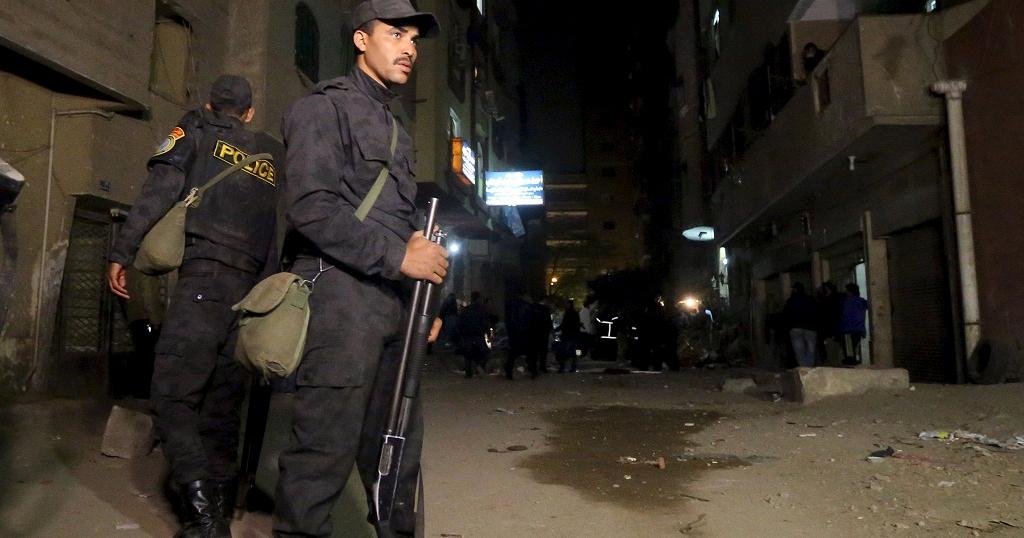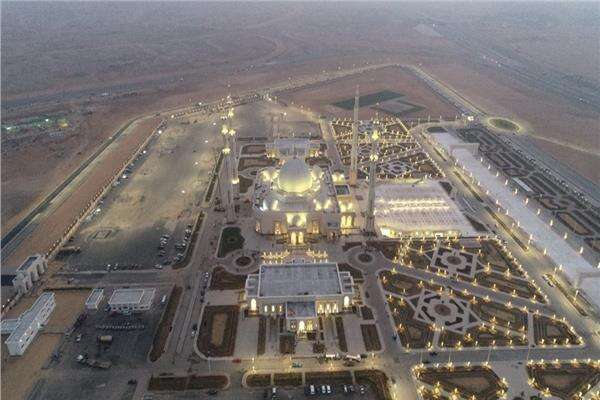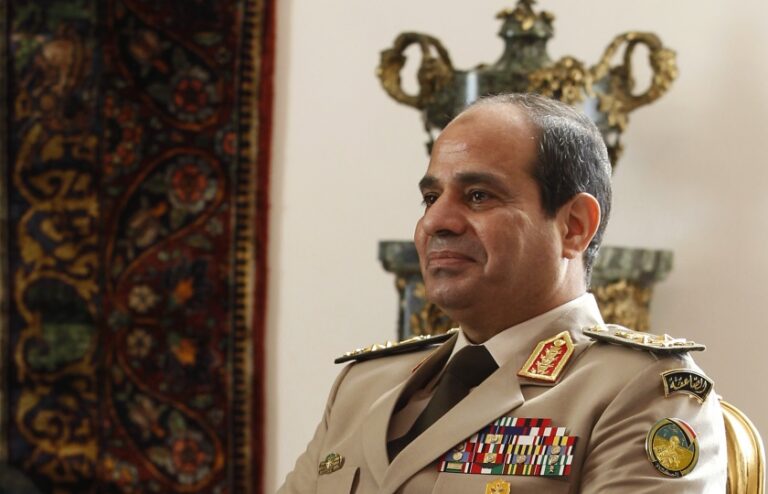July 25, 2019
For once, the indicators did not vanish. Blood has taken an upward trend for the past four years. Deaths have multiplied repeatedly, yet the Egyptian regime has insisted that this will deter terrorism.
According to official statistics announced by the Egyptian Interior Ministry, the number of people killed in Egyptian security force raids in 2015, the first year in which the ministry announced a large number of deadly raids without a court ruling, was 33.
The deadly police raids intensified in 2015 following the killing of the public prosecutor in a car bombing. Days later the Egyptian Interior Ministry said it had killed nine people, including a former member of parliament and leaders of the Muslim Brotherhood. This was just a start.
After just three years, the numbers reached 235 in 2018, more than seven times the figure from 2015, and it is highly likely to increase in 2019.
Most of the relatives of those killed say they were already detained by security services and then killed extrajudicially. The Interior Ministry then announced that they were killed in armed clashes during raids on terrorist hideouts.
A report published in The Wall Street Journal included the family testimonies of detainees killed after being detained and forcibly disappeared for months. In its report, the newspaper relied on testimonies from officials and Western observers.
In April 2017, Egyptian security forces arrested Mohamed Abdelsatar at the school where he worked as a teacher. Another man, Sabry Salah, was arrested the next month.
Mr. Salah’s wife and Mr. Abdelsatar’s school asked the government for information on their whereabouts in the days after their arrests. They received no answer.
A month after the men disappeared the government said they were dead after being killed by security forces in an exchange of gunfire.
Many deaths like this happen every year, which is fueling allegations that Egypt’s security forces are killing detainees outside the law and later claiming they died in armed clashes with police.
The Interior Ministry has said it killed at least 153 people in raids in the first six months of 2019, following the 235 it claimed in all of 2018. By comparison, 33 people died in 2015, the first year the ministry claimed a significant number of deadly raids.
In recent months, official media have used the language of revenge and retaliation for militants’ attacks. State-owned newspapers have always used vengeful words such as “revenge” and the “return of truth,” sometimes publishing horrific images of dead bodies next to weapons.
For example: “The interior ministry avenges Al-Arish martyrs, announces killing of 14 terrorists,” said a headline in the state-owned newspaper Akhbar El-Youm on June 5, referring to raids that took place in reaction to an attack on a checkpoint in the city of Al-Arish, in Egypt’s North Sinai province, that killed eight members of the police.
The Egyptian Interior Ministry routinely announces that it has killed gunmen in an exchange of fire usually accompanied by pictures of alleged gunmen lying next to firearms, but at the same time does not announce any injuries among the security forces, which increases doubt as to whether these statements are true.
The killings not only include suspected militants but also others caught up in the security crackdown, Western observers and security analysts said.
The government hopes the raids will have a deterrent effect, Western officials said.
“The message is, ‘be careful, if you join one of these cells, you won’t get any help from the judicial system’,” a Western security official monitoring the situation from Cairo said.
Over the past four years the number of dead bodies has increased steadily, raising doubts about the extent to which people are deterred by the Egyptian regime’s security policies.





Recent Comments